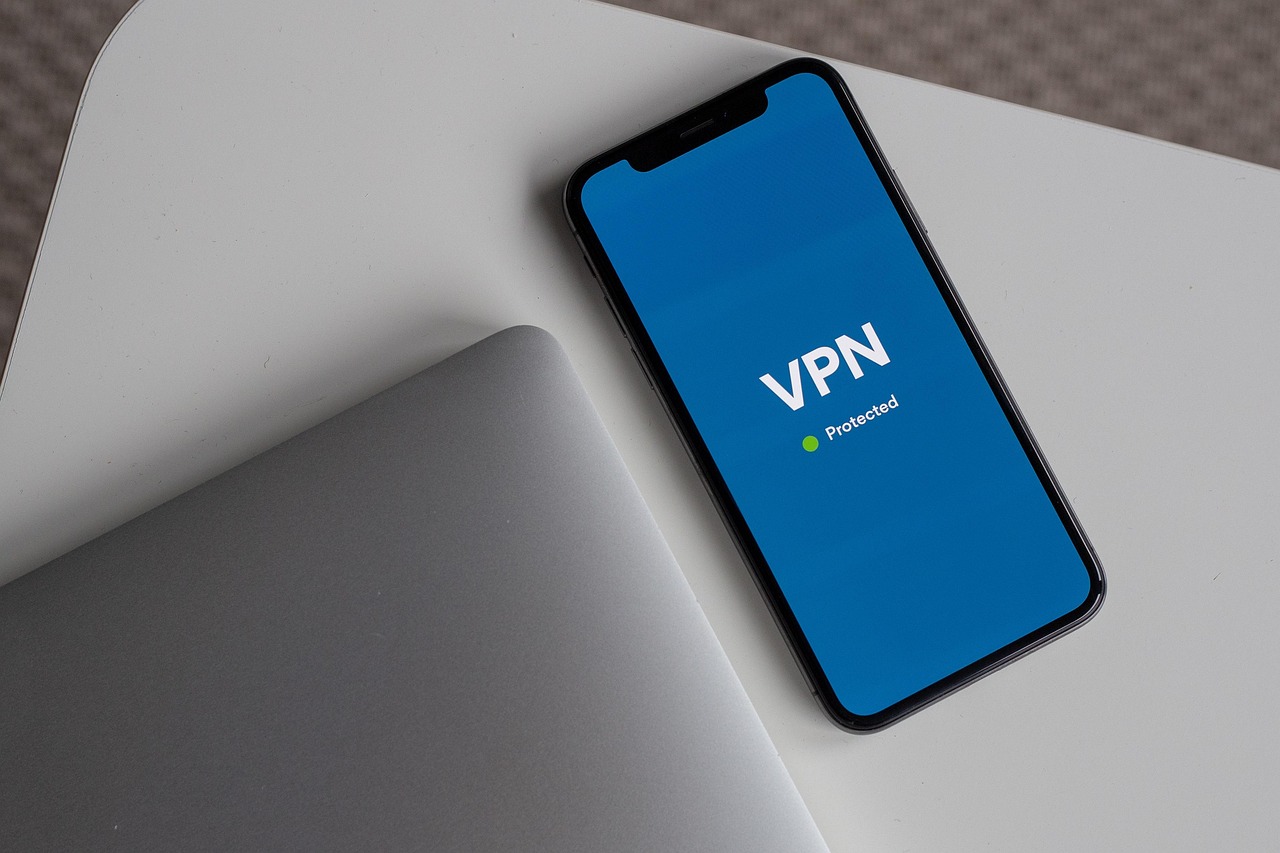
Online gaming today is all about your internet connection. Whether you’re jumping into a fast-paced shooter or a strategic MOBA, you rely on stable and speedy connections. A VPN might sound like something only useful for streaming shows from other countries, but it can also play a role in gaming as long as you know what to expect. Not every gamer will benefit from a VPN, but for some, it can make a noticeable difference. It comes down to a few simple questions. Do you often deal with high ping or sudden lag? Do you want to connect to servers outside the game’s usual options? Are you concerned about someone tracking down your IP address? If any of those get a “yes,” a VPN might be worth considering.
A chance for faster reactions in-game
One of the biggest potential perks is being able to choose the server you connect to. In some cases, this can lower your ping, meaning your actions register faster in-game. That slight speed boost can give you an edge in competitive matches. But “potential” is the keyword here sometimes, it won’t help at all, and if you pick a server that’s actually farther away, you might end up making things worse. This flexibility can appeal to more than just competitive gamers. For example, someone who enjoys casual multiplayer games, or even playing with friends met through an online casino community, might find it easier to join specific servers and keep their location private.
Extra protection from the wrong kind of attention
Anyone who has spent time in online matches knows that some players can take things too far. In extreme cases, this can lead to doxxing, where someone tries to uncover and share your personal details. Using a VPN hides your real IP address, making it far harder for anyone to dig up that information.
Avoiding speed throttling by your provider
Some internet providers slow down your connection when they see high data usage. Gaming itself doesn’t use much, but downloading large game files sometimes over 100 GB certainly does. A VPN can mask your activity so your provider can’t tell what you’re doing, helping you avoid those intentional slowdowns. This benefit isn’t limited to gaming. People who enjoy other data-heavy activities like streaming high-quality video or using an online casino platform might also see more consistent speeds with a VPN in place.
The downsides to keep in mind
A VPN can slow down your connection speed, depending on your existing internet quality and the VPN service you choose. With a strong connection around 50 Mbps or higher you might not notice much difference, but slower connections could suffer. It’s also important to be aware of platform rules. Some services, like Steam, prohibit using a VPN to change your location for cheaper prices, which could risk your account if you forget to switch it off when making a purchase. And finally, a good VPN costs money. Free versions often sacrifice speed or security. If your gaming setup already runs smoothly and you’re not worried about privacy issues, paying for a VPN might not be worth it.

